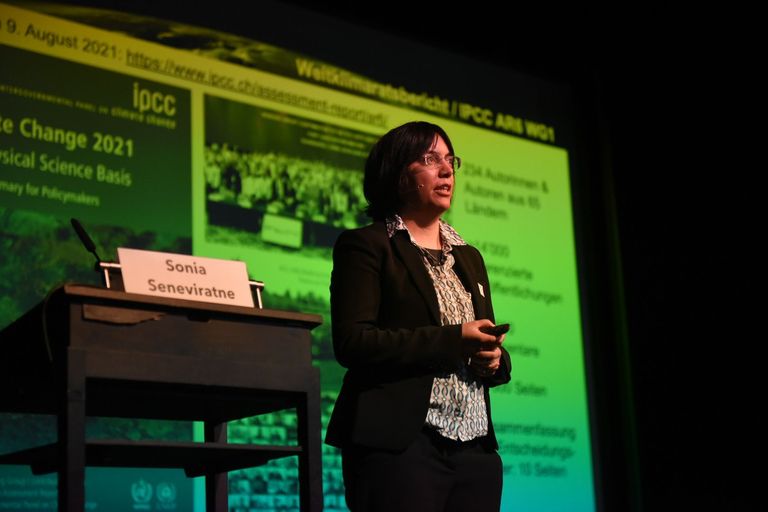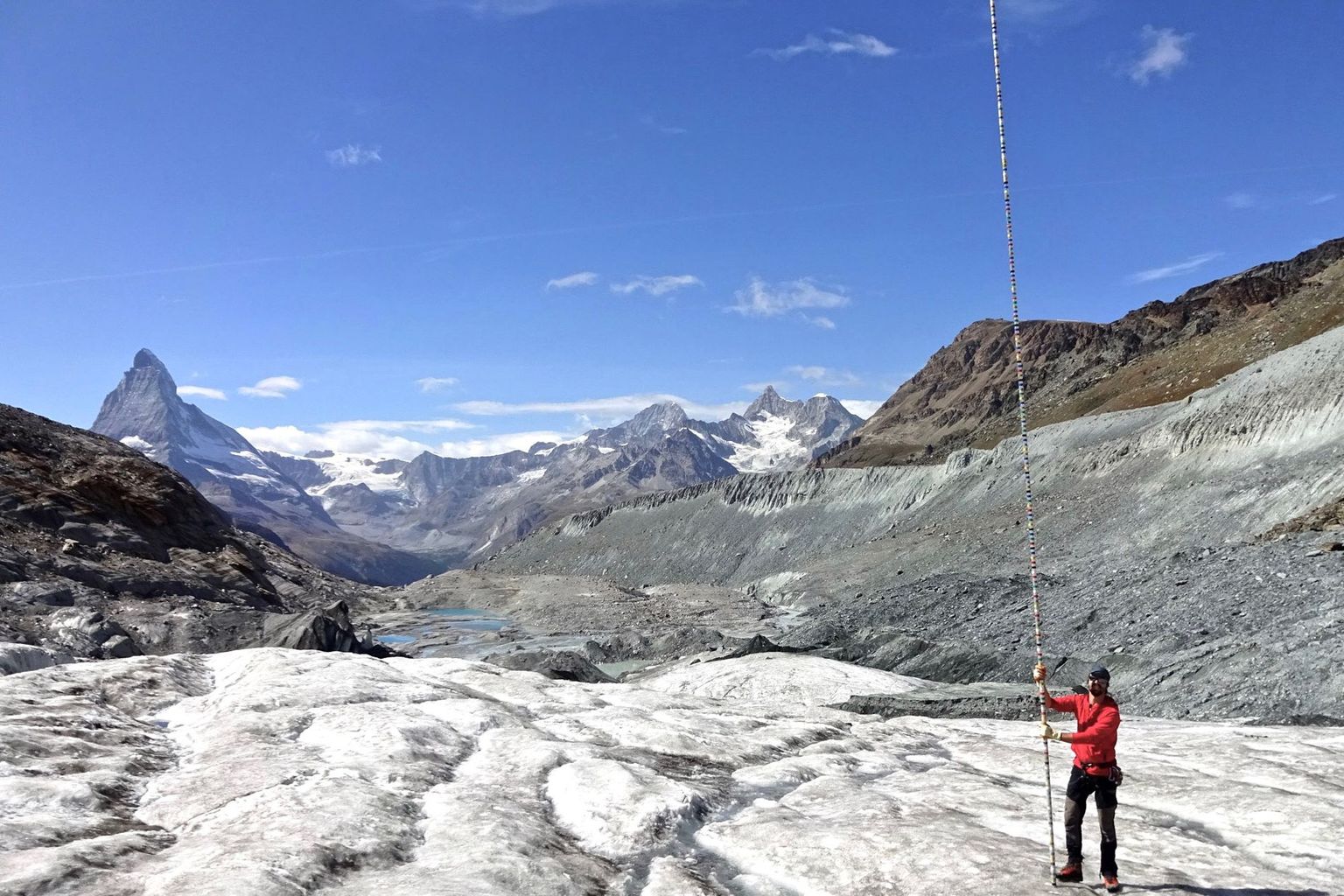
Meeting report on the IPCC AR7 information event
The scientific community and interested parties have been invited to learn more about the IPCC’s new assessment cycle (AR7) and possibilities for scientists and experts to contribute to the upcoming reports.

IPCC: Call for participation in the Scoping Meeting for the IPCC Special Report on Climate Change and Cities
The IPCC is looking for experts to participate in the Scoping Meeting for the IPCC Special Report on Climate Change and Cities. The Scoping Meeting will be held in late March/early April 2024. The exact dates and the location of the Scoping Meeting will be communicated upon confirmation.

IPCC elects Jim Skea as the new Chair. ProClim Steering Committee member Sonia Seneviratne becomes Working Group I Vice-Chair
Jim Skea of the United Kingdom is the newly elected Chair of the Intergovernmental Panel on Climate Change (IPCC). He will lead the IPCC through its seventh assessment cycle. ProClim Steering Committee member Prof. Sonia Seneviratne has been elected as Working Group I Vice-Chair.
Bild: Florian Biedermann (ProClim)
Viele Klimalösungen sind erprobt, kosten wenig und könnten deutlich breiter und rascher umgesetzt werden
Viele Klimalösungen sind erprobt und kosten wenig. Sie müssen jedoch deutlich breiter und sehr rasch umgesetzt werden, um die anvisierten Klimaziele noch zu erreichen. Der Weltklimarat IPCC hat am Montag den neuesten globalen Synthesebericht veröffentlicht. Demnach entwickelt sich die Welt mit den aktuell umgesetzten Klimapolitiken auf eine Erwärmung zwischen 2,2 bis 3,5 Grad Celsius bis 2100 zu. Die 1,5-Grad-Celsius-Schwelle würde bereits vor 2035 erreicht. Dazu kommt, dass gravierende Wetterextreme und ihre Folgen schon bei geringerer Erwärmung auftreten können als bisher gedacht. Der Synthesebericht zeigt auch, dass junge Menschen durch die Klimakrise besonders gefährdet sind. Mit raschem und tiefgreifendem Handeln können die Folgen stark gemildert werden.
Bild: SmederevacKlimawandel 2022. Folgen, Anpassung und Verwundbarkeit: Zusammenfassung für die politische Entscheidungsfindung
Dieser Bericht erkennt die gegenseitige Abhängigkeit von Klima, Ökosystemen, biologischer Vielfalt sowie menschlichen Gesellschaften an und integriert das Wissen stärker als frühere IPCC-Berichte über Natur-, Umwelt-, Sozial- und Wirtschaftswissenschaften hinweg. Die wissenschaftliche Bewertung der Folgen und Risiken des Klimawandels sowie der Anpassung an den Klimawandel erfolgt vor dem Hintergrund sich gleichzeitig entfaltender nicht klimatischer globaler Trends, zum Beispiel dem Verlust der biologischen Vielfalt, einem insgesamt nicht nachhaltigen Verbrauch natürlicher Ressourcen, der Degradierung von Land- und Ökosystemen, einer raschen Verstädterung, demografischer Veränderungen, sozialer und wirtschaftlicher Ungleichheiten und einer Pandemie.
Bild: IPCCKlimawandel 2022. Minderung des Klimawandels: Zusammenfassung für die politische Entscheidungsfindung
Der Beitrag der Arbeitsgruppe III zum Sechsten IPCC-Sachstandsbericht (AR6) bewertet die Literatur zu den wissenschaftlichen, technologischen, ökologischen, wirtschaftlichen und sozialen Aspekten der Minderung des Klimawandels aus wissenschaftlicher Sicht.
Bild: IPCC
